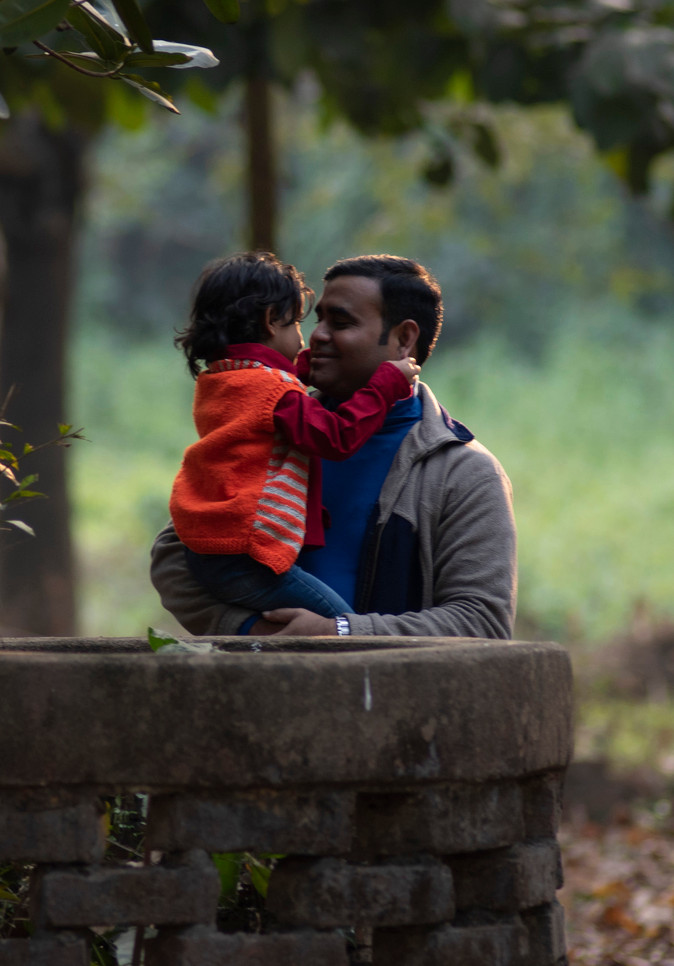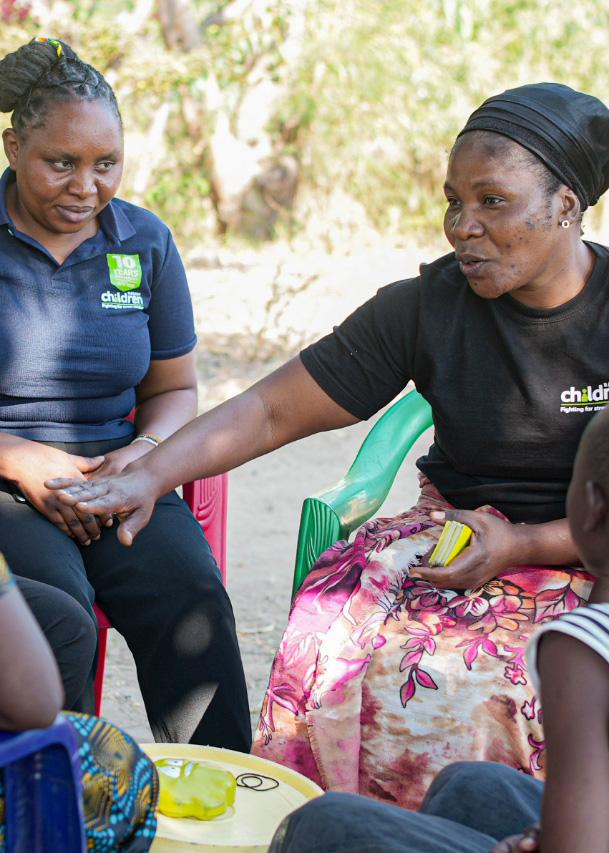Millions of children are separated from their families, not because they have no one to care for them, but because of poverty, crisis, or a lack of support.
Many end up in orphanages, but removing a child from a family facing challenges does not solve poverty. It can increase harm, sever critical family bonds, and leave children more vulnerable to instability, trafficking, and lifelong inequalities.

The Reality
Orphanages are not the solution. Even well-intentioned institutions cannot replace family, where children develop secure attachments and a sense of belonging. Growing up without the stability and love of family can create lifelong inequalities, affecting relationships, opportunities, and overall well-being.
At the same time, most children in orphanages are not orphans, they have parents or extended family who, with the right support, could care for them. Yet, funding continues to flow toward institutions instead of strengthening the support systems that help families stay together.
A Better Approach
When we invest in family-based care, the results are transformative.
Providing parenting support, financial assistance, childcare, and social services keeps families together. And when separation is unavoidable, children need to grow up in family-based care alternatives, such as foster care, within their communities.
Many cultures have long-standing traditions of caring for vulnerable children, but orphanages, often introduced through colonial and foreign aid models, have disrupted these systems. Funding models from the Global North have sustained orphanages, often at the expense of strengthening families and community-based care.
We are committed to shifting power and resources toward solutions that prioritise the needs and safety of children. We recognise that the funding structures we have today are part of the problem, and we are on a journey of learning, adapting, and resourcing real change.

A World Without Orphanages
A future without orphanages is possible.
It’s a future where families have the support they need to stay together, where children with disabilities grow up with love and care in their communities, and where funding strengthens social services, not institutions.
We are committed to working alongside leaders, advocates, and those with lived experience of care who are driving change in their communities.
